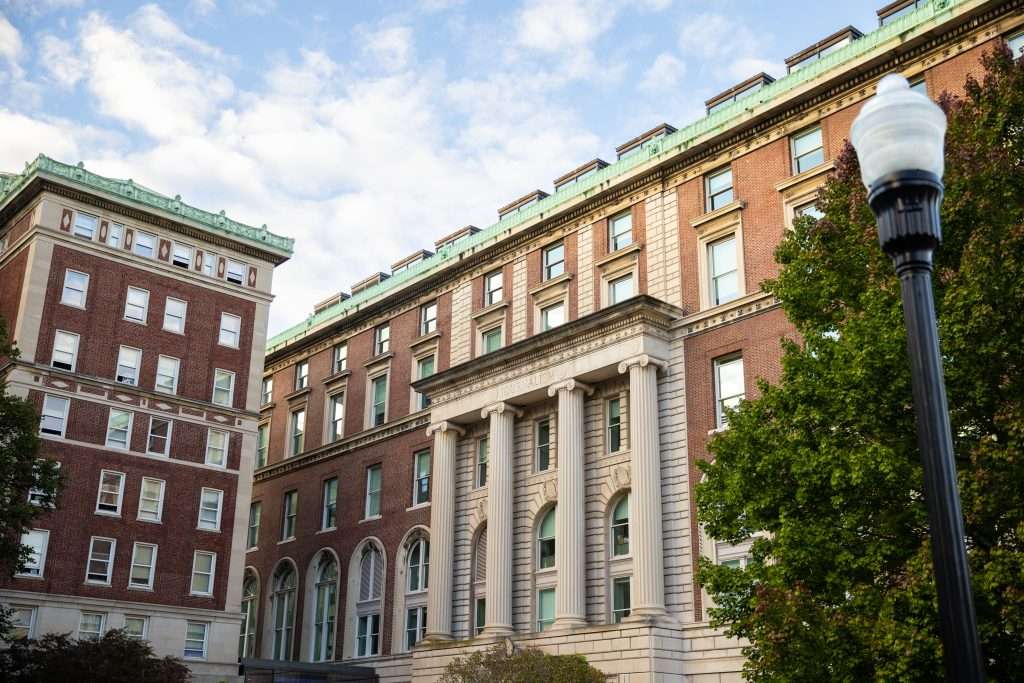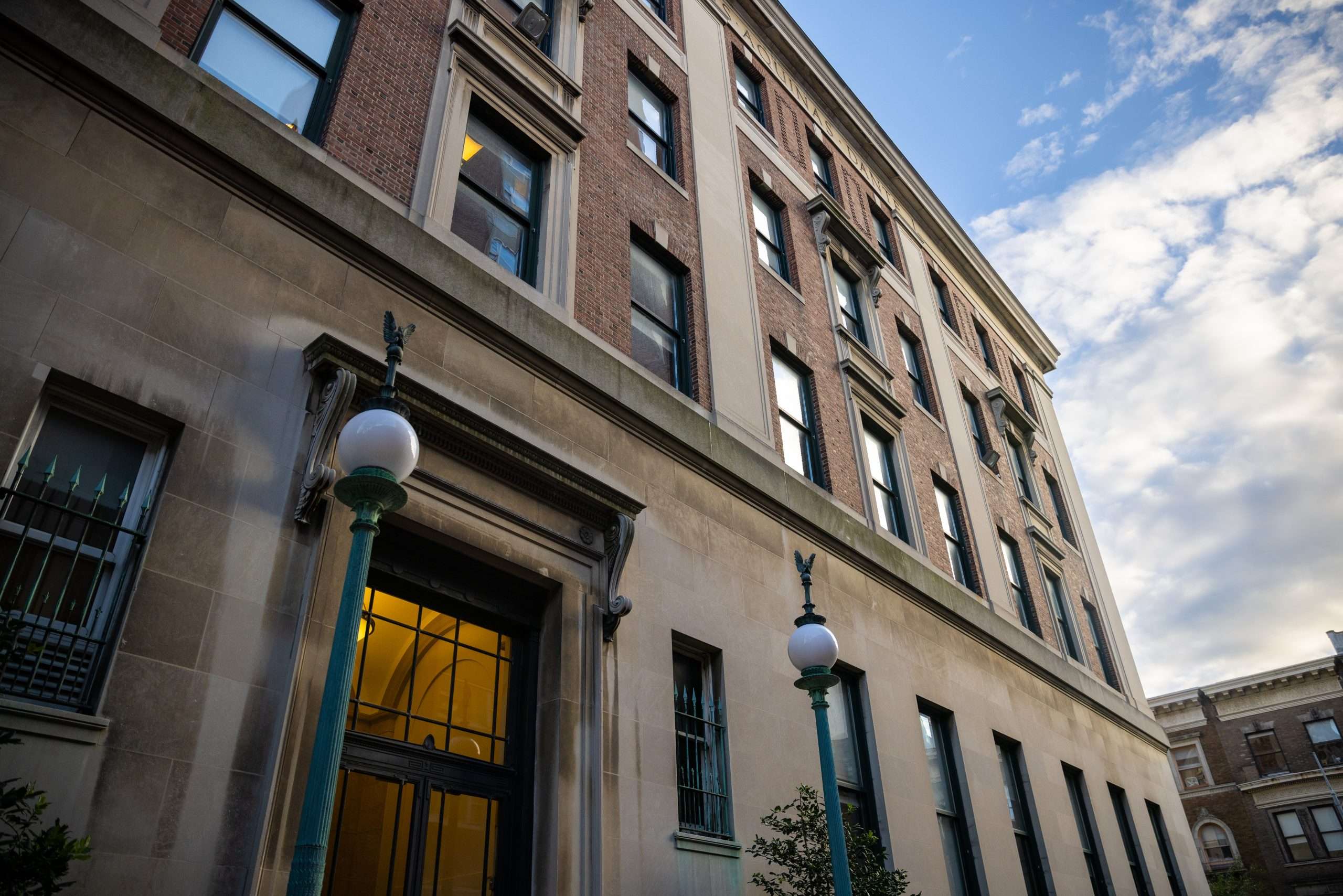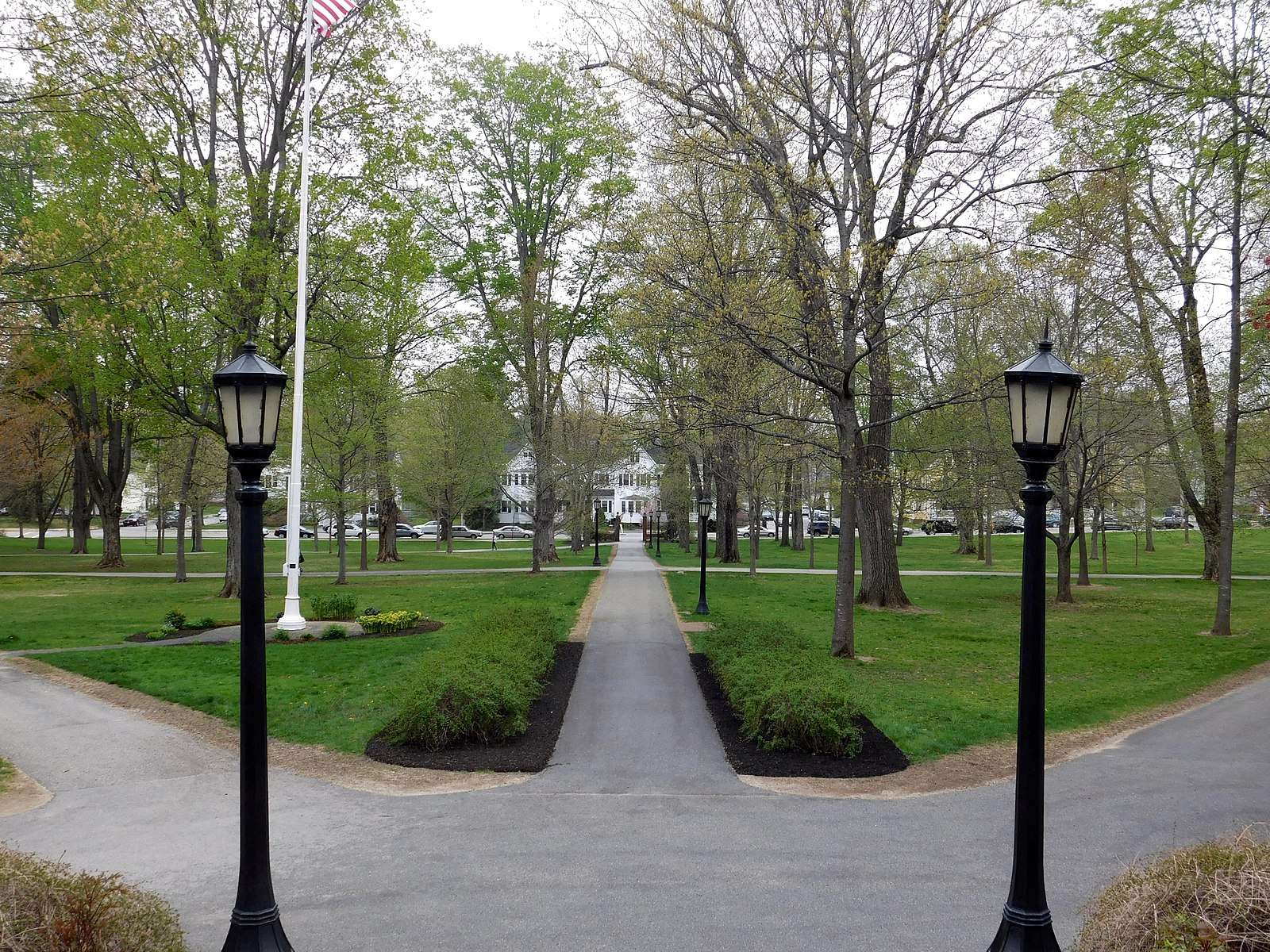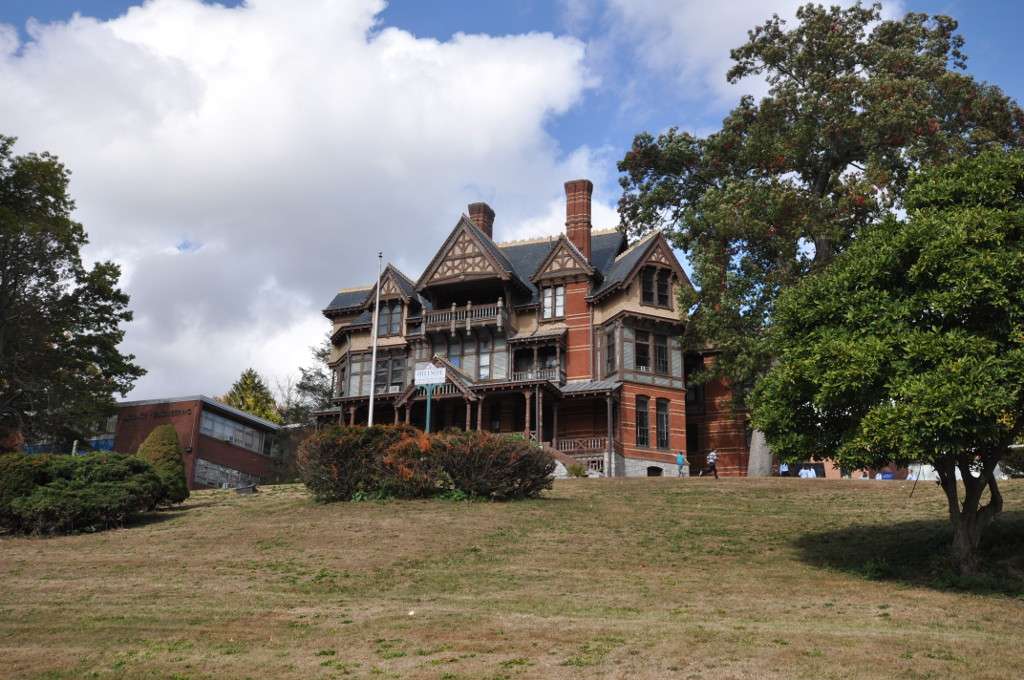The Ivy Coach Daily
The Need-Blind Admissions Lie Exposed

For many years, from atop our soapbox in elite college admissions, we at Ivy Coach have called out many of America’s top universities for claiming to offer need-blind admissions policies. In no uncertain terms, we called need-blind admissions a lie, a lie perpetuated by admissions officers touting the party line as they market their institutions to potential candidates.
And over the years in which we at Ivy Coach have been poking holes in so-called need-blind admissions policies, it’s not as though folks in the admissions community haven’t made efforts to attack our arguments. But, while it’s taken several years, the truth has, alas, come out: need-blind admissions has always been a lie.
Elite Colleges Were Sued for Colluding on Financial Aid
In a class-action lawsuit filed by former students in 2022, 16 institutions that claimed to be need-blind — Yale University, Columbia University, Duke University, Brown University, Emory University, Georgetown University, the California Institute of Technology, Northwestern University, Cornell University, Dartmouth College, the University of Pennsylvania, Vanderbilt University, the Massachusetts Institute of Technology, the University of Notre Dame, Rice University, and the University of Chicago — were named as defendants, accused of conspiring to minimize financial aid offers for middle-class families.
The 16 schools were, at the time of the filing, members of the 568 Presidents Group. Capitalizing on a federal antitrust exemption with a contingency that these schools would not consider a student’s ability to pay when weighing their case for admission as they set financial aid formulas, as it turns out, they did consider a student’s ability to pay. As such, the 568 Presidents Group has since been dissolved, and thus far, in 2023 and 2024, ten institutions have settled to the tune of $284 million.
That’s right. $284 million. So, while these schools deny culpability, the $284 (and growing!) settlement speaks volumes. For many years, despite claims so loudly and vociferously that they operated blind to a student’s ability to pay, they were very much need-aware. And, yes, they remain need-aware to this day.
Elite Colleges Need Full-Paying Students
Perhaps Paul Tough said it best five years ago in a New York Times Magazine exposé on the need-blind admissions farce. As he wrote at the time, “Over the last decade, two distinct conversations about college admissions and class have been taking place in the United States. The first one has been conducted in public…The premise of this conversation is that inequity in higher education is mostly a demand-side problem: Poor kids are making regrettable miscalculations as they apply to college. Selective colleges would love to admit more low-income students — if only they could find enough highly qualified ones who could meet their academic standards.”
Tough went on, “The second conversation is the one that has been going on among the professionals who labor behind the scenes in admissions offices — or ’enrollment management’ offices, as they are now more commonly known. This conversation, held more often in private, starts from the premise that the biggest barriers to opportunity for low-income students in higher education are on the supply side — in the universities themselves, and specifically in the admissions office. Enrollment managers know there is no shortage of deserving low-income students applying to good colleges. They know this because they regularly reject them — not because they don’t want to admit these students, but because they can’t afford to.”
Need-Blind Admissions Has Always Been a Lie
The fact is that elite colleges have long sought to admit middle and low-income students. But to admit students from across the socioeconomic spectrum, they must admit full-paying students to subsidize the cost of their less affluent peers. To do so, they can’t be need-blind. Instead, they need to be need-aware. We at Ivy Coach have said as much for decades, calling these schools out for their blatant untruths. The recent settlements by ten of America’s top universities in the aforementioned class-action lawsuit substantiate our long-held claims. Mic drop.
You are permitted to use www.ivycoach.com (including the content of the Blog) for your personal, non-commercial use only. You must not copy, download, print, or otherwise distribute the content on our site without the prior written consent of Ivy Coach, Inc.
TOWARD THE CONQUEST OF ADMISSION
If you’re interested in Ivy Coach’s college counseling, fill out our complimentary consultation form and we’ll be in touch.
Get Started




